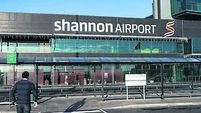Hezbollah given veto pwer in Lebanon govt
Lebanon’s feuding factions reached a breakthrough deal today that ends the country’s long political stalemate, but also gives the militant Hezbollah group and allies the key power they sought.
The deal, reached with the help of Arab mediators, gives Hezbollah a veto over any decision made by the US and Western-backed government.














